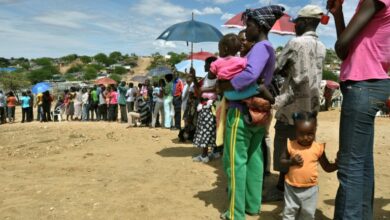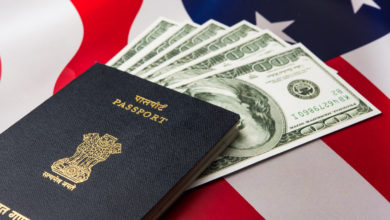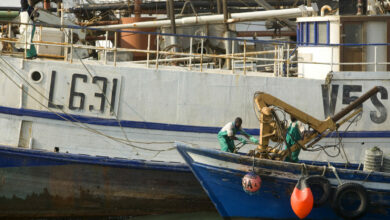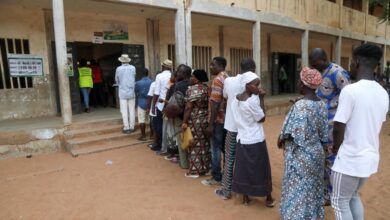World
Sidama Referendum: 98% Votes Make Sidama Ethiopia’s 10th Regional State
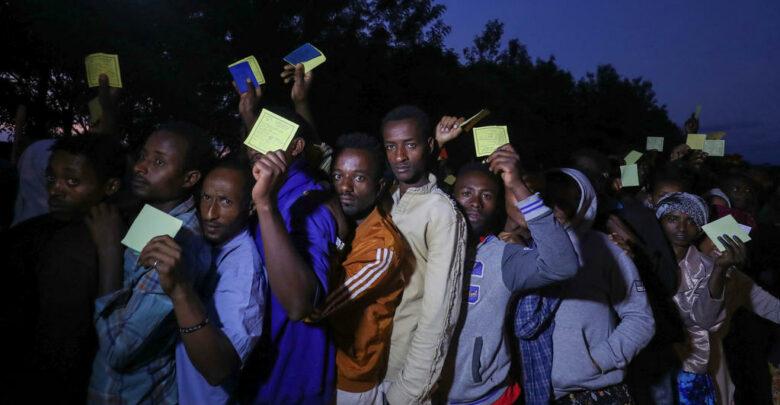
The National Elections Board of Ethiopia, NEBE, on Saturday announced 98.5% of the Sidama people voted last week to form their own self-governing region, which will be the country’s tenth regional state, reported Reuters.
The NEBE added that out of a registered voter population of 2,280,147, as many as 2,277,063 people, representing 98.52 percent, voted a yes, while the remaining 1.48 percent voted no. The turnout was 99.86 percent.
The referendum is the first of its kind in Ethiopia ever since the current constitution was adopted in 1995. The country’s constitution gives the right to seek autonomy to its more than 80 ethnic groups.
The Sidama people, who represent about 4% of Ethiopia’s 105 million population, have demanded to leave the diverse Southern Nations, Nationalities and Peoples’ Region (SNNPR) for years. The diverse SNNPR is one of Ethiopia’s nine ethnic-based regional states, which are overseen by the central government in Addis Ababa. The region is home to over 40 ethnic groups.
The newly approved Sidama regional state will border Guji and West Arsi zones of the Oromia regional state and Wolayta and Kembata as well as Gedeo zones of the SNNPR.
By creating their own federal region, the Sidama people will regain control of land resources, political representation, tax-raising powers, and control over schools, police, health and other services. Hawassa, located 275 km (170 miles) south of Addis Ababa, will be the new regional capital.
Prime Minister Abiy Ahmed’s government had approved the Sidama request for a referendum. The country has been witnessing rapid changes since Abiy was appointed last year and began introducing a series of political reforms. Last month, Abiy won the Nobel Peace Prize for his political reforms and for making peace with Eritrea.
It is believed that Saturday’s result may encourage the more than a dozen other ethnic groups requesting similar votes, a move that could threaten Abiy’s push to unify the country ahead of elections scheduled for 2020.


